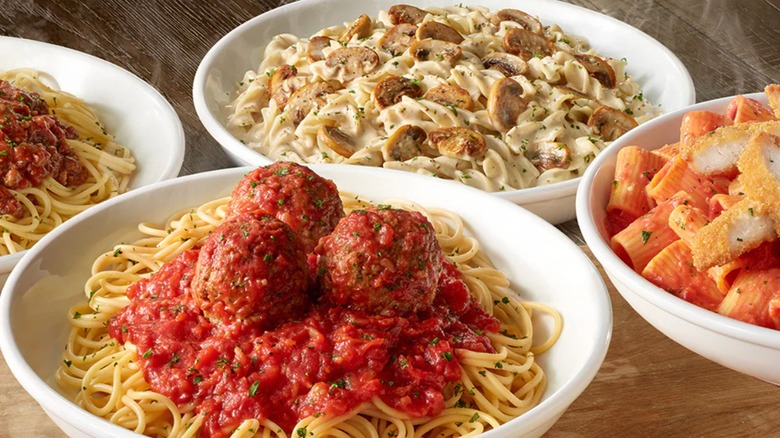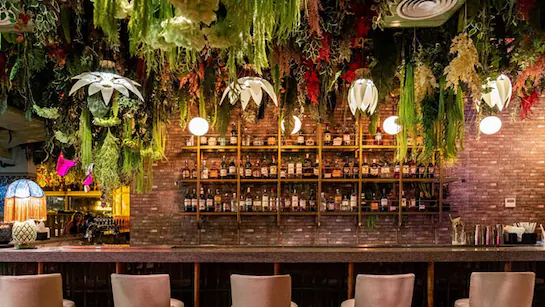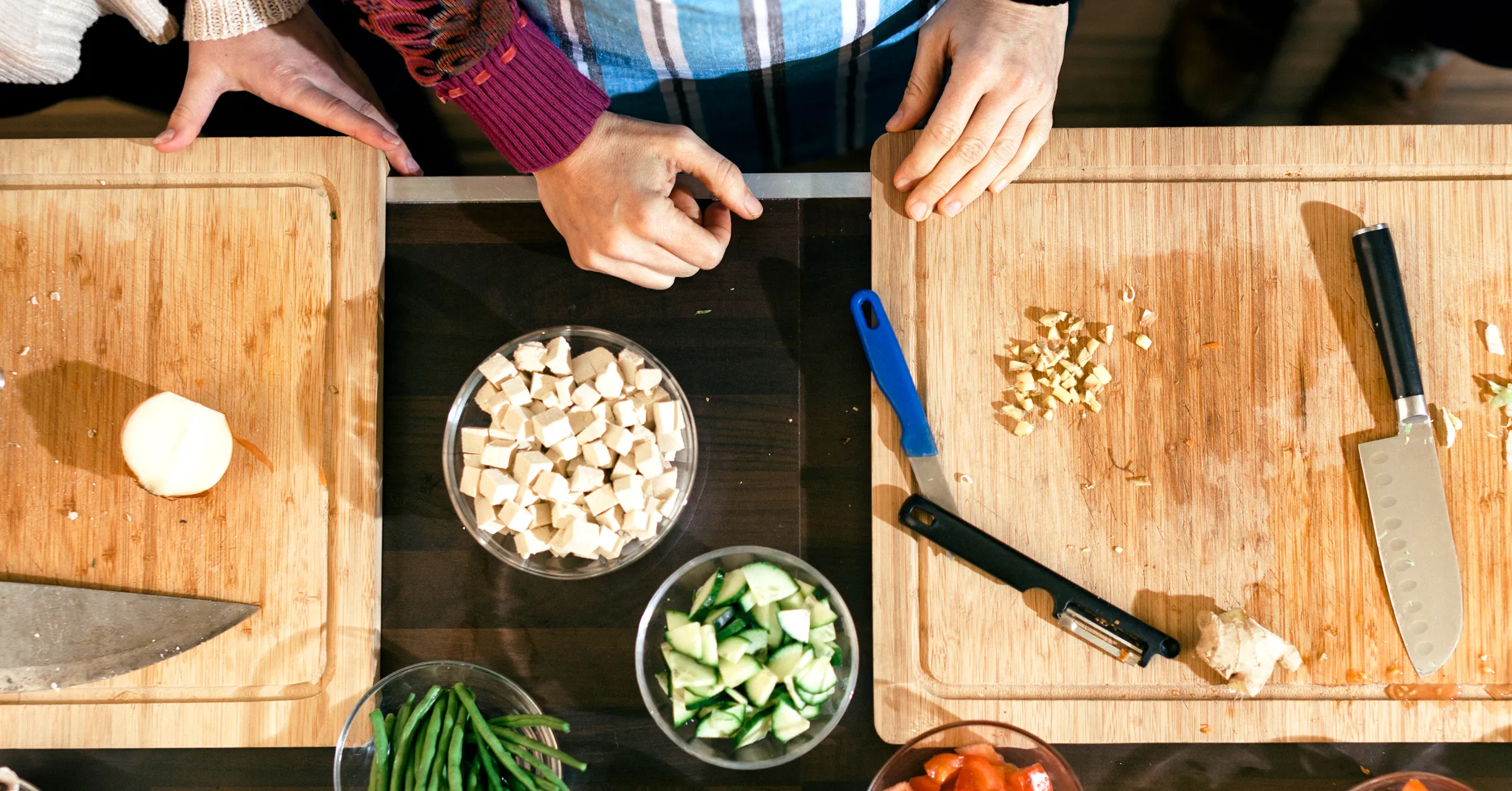A meal is often seen as a temporary pleasure, a moment to satisfy hunger before moving on with life. But what if there was a meal that never ended—a feast without limits, where every bite led to another, and time itself seemed to stand still?
The legend of the never-ending meal is found in many cultures, often depicted as an enchanted banquet, an endless table of delicacies that replenish themselves as soon as they are consumed. Some say it is a divine gift, a reward for the deserving, while others believe it to be a curse—an endless temptation from which there is no escape.
In ancient folklore, travelers lost in the wilderness have stumbled upon such feasts, tables laden with food that never runs out. Some leave full and satisfied, while others find themselves trapped, unable to stop eating, as if the meal demands their presence forever.
The idea of an everlasting meal has long fascinated humanity. It represents abundance, prosperity, and the fulfillment of desires. In some myths, gods and spirits bless those who partake in the feast, granting them wisdom or eternal youth.
One of the most famous stories is The Banquet of the Gods, where deities gather to feast endlessly, enjoying divine delicacies that sustain them for eternity. Similarly, some tales describe enchanted plates that constantly refill, ensuring no one at the table ever goes hungry.
But not all stories paint this meal in a positive light. Some warn that such a feast is a trap, a test of restraint and wisdom. In one legend, a man invited to a never-ending banquet finds that the more he eats, the hungrier he becomes until his greed consumes him.
While a genuinely endless meal remains a myth, modern society has created its version of this concept—buffets that offer unlimited servings, restaurants with never-ending refills, and food challenges that dare participants to eat without stopping.
Yet, even in these settings, there is always a limit. The human body can only take so much before reaching a breaking point. The endless meal, if authentic, might not be a gift but a burden—an unrelenting cycle with no relief.
The legend may be not about physical consumption but the moments we share over food. A meal with loved ones, where conversation flows effortlessly and time seems to pause, can feel like a never-ending experience in the best way possible.
Or maybe it is a metaphor for life itself—a continuous feast of experiences, emotions, and connections that never truly ends, even after we leave the table.



